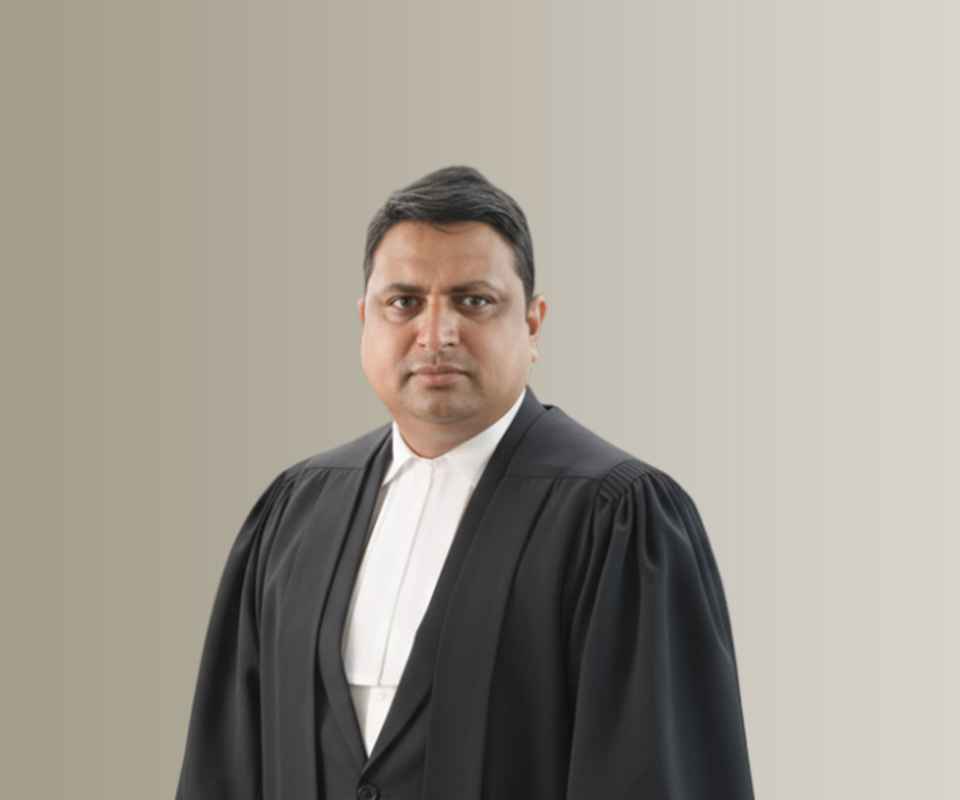Answer By law4u team
In Muslim law, the guardian (Wali) plays an important role in the marriage process, especially for a woman. The guardian's role is to ensure that the marriage is conducted in a manner consistent with Islamic principles. The guardian's authority varies based on the woman's status, and the following are the main categories of who can act as a guardian for marriage: 1. Father (or Paternal Grandfather): The father is the primary guardian for a woman in Muslim law and has the first right to act as her wali. If the father is unavailable or deceased, the paternal grandfather (father's father) takes the place of the father. The father or paternal grandfather has the right to arrange or give consent for the marriage of their daughter or granddaughter, particularly if she is a virgin or underage. 2. Other Male Relatives (in the Absence of Father): If the father or paternal grandfather is not available, the following male relatives may act as guardians for the marriage in order of priority: Brother (full or half-brother). Paternal uncle (father’s brother). Son (if the woman is a widow or has children). These relatives are known as "Asabah" (those who are nearest in kinship and male line) and can step in if the woman’s father is unable to act as her guardian. 3. The Woman’s Consent: While the guardian’s approval is important in Muslim marriage, the woman’s consent is paramount. In most interpretations of Muslim law, a woman has the right to refuse a marriage that her guardian proposes, especially if she is of legal age and capable of making decisions about her marriage. If the woman is not a minor and has attained the age of puberty and mental maturity, her consent is required, and she can choose her spouse even if the guardian disapproves. 4. The Role of the Wali in Different Jurisprudences: Hanafi School of Thought: According to the Hanafi school, the guardian's role is more significant, and a marriage without the guardian’s approval may be deemed invalid if the woman is a virgin. Shia Muslim Law: In Shia law, the role of the guardian is also significant, but the woman has greater autonomy in choosing her spouse, particularly if she has reached adulthood (puberty). 5. Marriage of a Widow or Divorced Woman: A widow or divorced woman is generally free to choose her own guardian or may marry without the involvement of a wali (guardian), particularly if she is of legal age and capable of making decisions. 6. Wali of the Woman’s Choice: In certain cases, the woman may choose a guardian of her own choice if the customary or traditional wali is unavailable or refuses to act. This is especially the case for widows or women of maturity who wish to act independently. Conclusion: The father (or paternal grandfather in his absence) is typically the primary guardian for marriage in Muslim law. Other male relatives such as brothers or uncles can act as a wali if the father is unavailable. However, the woman’s consent is always required, and in most cases, especially for adult women, she has the right to choose her own spouse regardless of the guardian's opinion.









